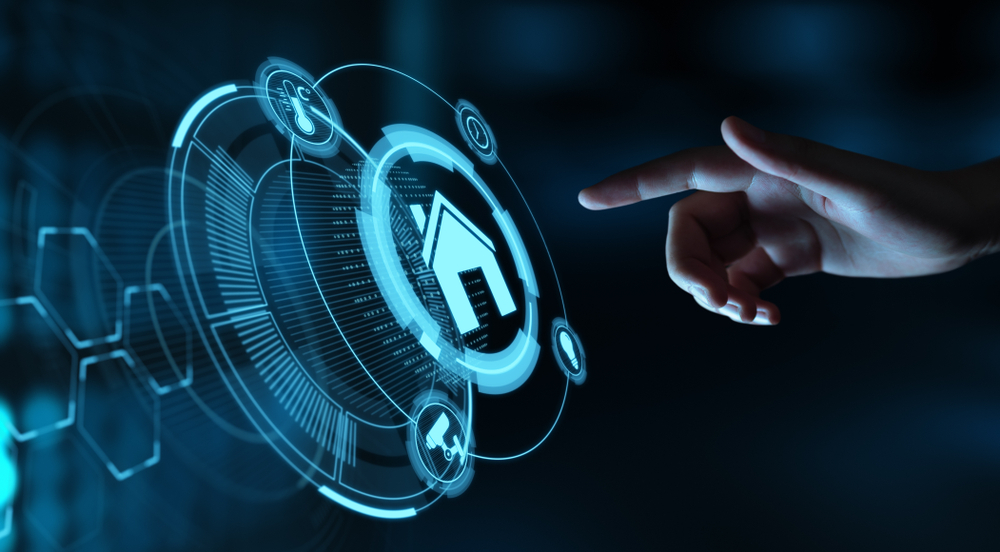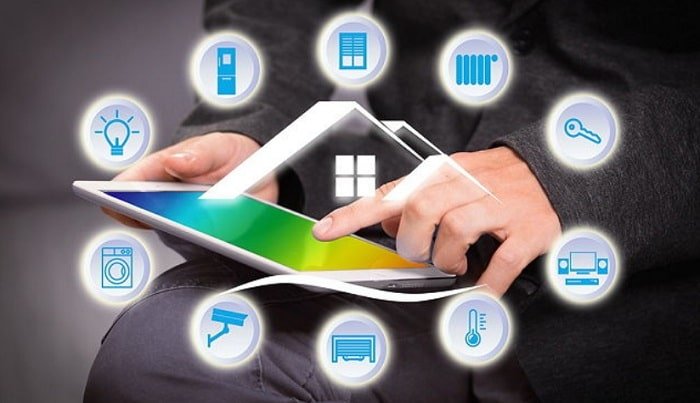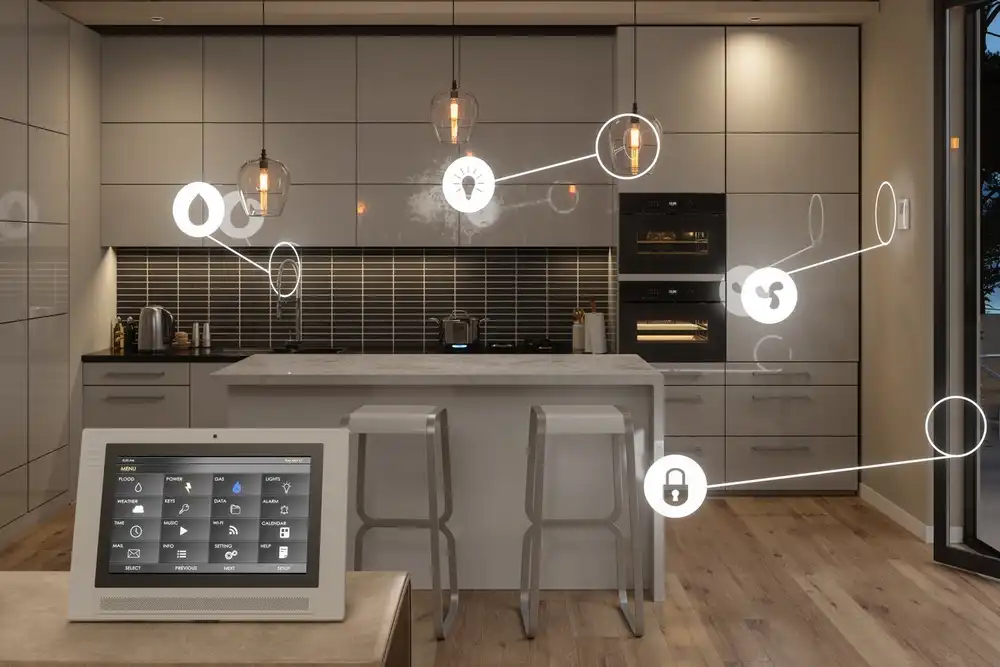In today’s tech-savvy world, smart homes are becoming increasingly popular. They offer convenience, energy efficiency, and enhanced security. However, a common question arises – what data do smart homes collect? Understanding this is crucial for homeowners, especially in maintaining privacy and security.

Introduction to Smart Homes
Smart homes use internet-connected devices to enable remote management and monitoring of systems and appliances. These homes leverage technology to improve living conditions and efficiency. As more homes become ‘smart’, the amount of data collected grows substantially.
Types of Data Collected by Smart Homes
Smart homes collect diverse types of data to function effectively. This data can be categorized as follows:
User Data
User data includes personal information like names, email addresses, and phone numbers. This information is often required during the setup of smart devices.
Behavioral Data
Behavioral data is collected through the interactions with smart devices. For example, smart thermostats may track heating patterns and preferences.
Device Data
This refers to data about the devices themselves, such as their status, usage statistics, and performance metrics.
How is Data Collected in Smart Homes?
Data is collected through sensors, cameras, and microphones embedded in smart devices. These components work together to monitor and control the home environment.
Sensors
Sensors in smart devices detect changes in the environment, such as motion or temperature, and send this information to a central hub for processing.
Cameras and Microphones
Cameras and microphones capture visual and audio data, respectively. They are often used in security systems to monitor the home.
Benefits of Data Collection in Smart Homes
While data collection raises privacy concerns, it also offers significant benefits:
Enhanced Security
Smart homes can improve security through real-time monitoring and alerts, making it easier to detect and respond to potential threats.
Increased Energy Efficiency
Data collection helps optimize energy usage, leading to cost savings and environmental benefits. For example, smart thermostats can adjust temperature settings based on occupancy patterns.
Improved Convenience
Smart homes offer convenience through automation and remote control of devices, making daily tasks easier and more efficient.
Privacy Concerns and Data Security
Despite the benefits, data collection in smart homes raises privacy concerns. Homeowners must be aware of the potential risks and take steps to secure their personal information.
Data Encryption
Data encryption is a critical security measure that protects information from unauthorized access. It ensures that data is only accessible to authorized users.
User Authentication
Implementing strong user authentication methods, such as two-factor authentication, can help prevent unauthorized access to smart home systems.
How to Protect Your Smart Home Data
Protecting your smart home data is crucial for maintaining privacy and security. Here are some tips to safeguard your information:
Regular Software Updates
Ensure that all smart devices are running the latest software versions. Updates often include security patches that protect against vulnerabilities.
Secure Your Wi-Fi Network
Use strong passwords and encryption methods to secure your Wi-Fi network. This prevents unauthorized users from accessing your smart home devices.
Be Mindful of Data Sharing
Review the data sharing policies of your smart devices and limit the amount of personal information shared with third parties.
Future of Data Collection in Smart Homes
The future of data collection in smart homes is promising, with advancements in artificial intelligence and machine learning poised to enhance functionality and user experience.
Artificial Intelligence
AI can help smart homes learn user preferences and automate tasks more effectively. This can lead to more personalized and efficient home management.
Integration with Other Technologies
As smart homes become more integrated with other technologies, such as smart cities, the potential for data collection and analysis will expand, offering new opportunities for innovation.
To learn more about how smart homes can boost productivity, visit smart home use. Additionally, for solutions to common issues, check out smart home glitches.
Conclusion
Understanding what data do smart homes collect is essential for homeowners who want to balance the benefits of smart technology with the need for privacy and security. By taking proactive measures to protect their data, users can enjoy the advantages of a smart home without compromising their personal information.

FAQ
What types of data do smart homes collect?
Smart homes collect user data, behavioral data, and device data to function effectively.
How can I protect my smart home data?
Protect your data by securing your Wi-Fi network, using strong authentication methods, and regularly updating software.
What are the benefits of data collection in smart homes?
Data collection enhances security, increases energy efficiency, and improves convenience through automation.
For practical home automation tips, visit smart devices guide.






